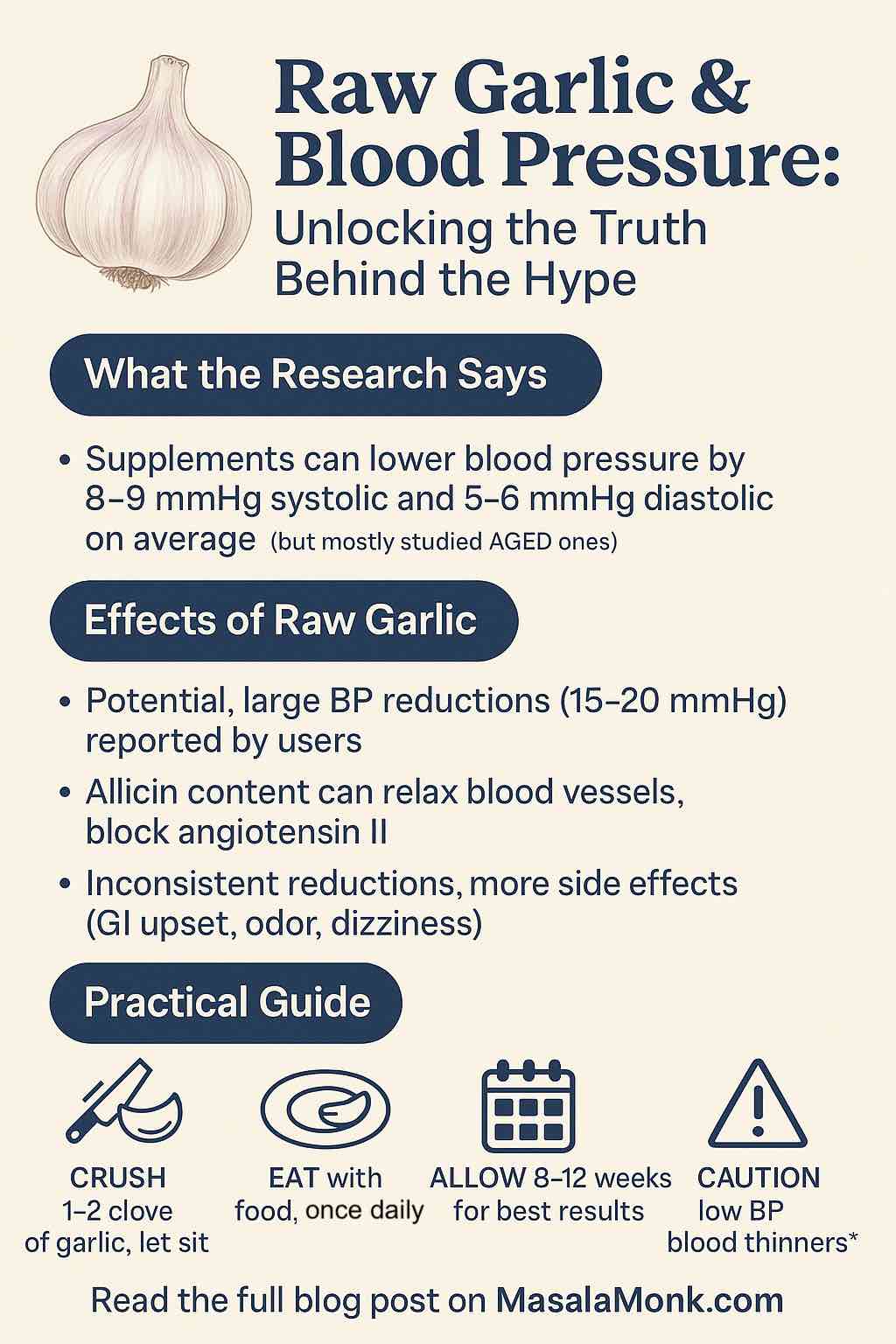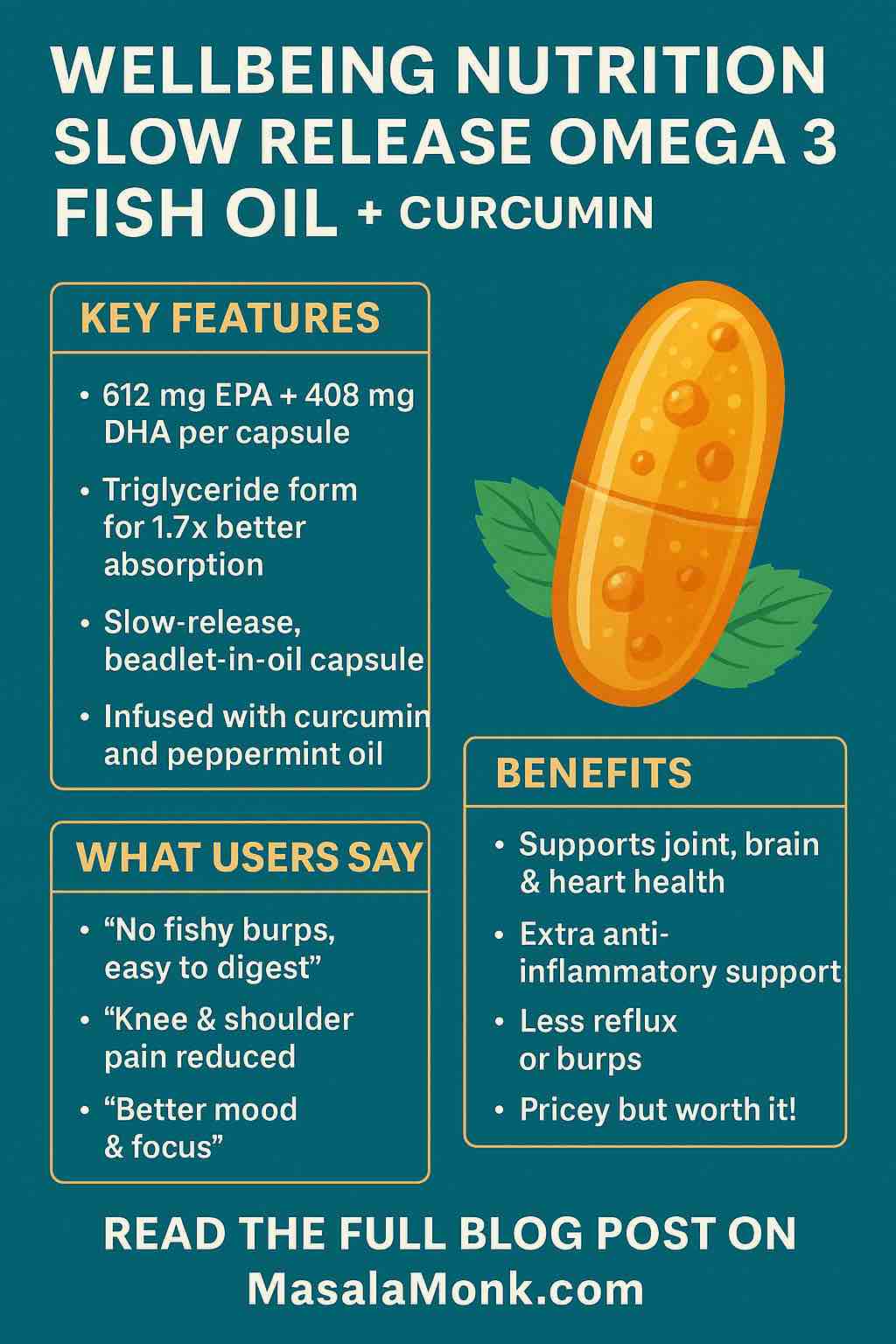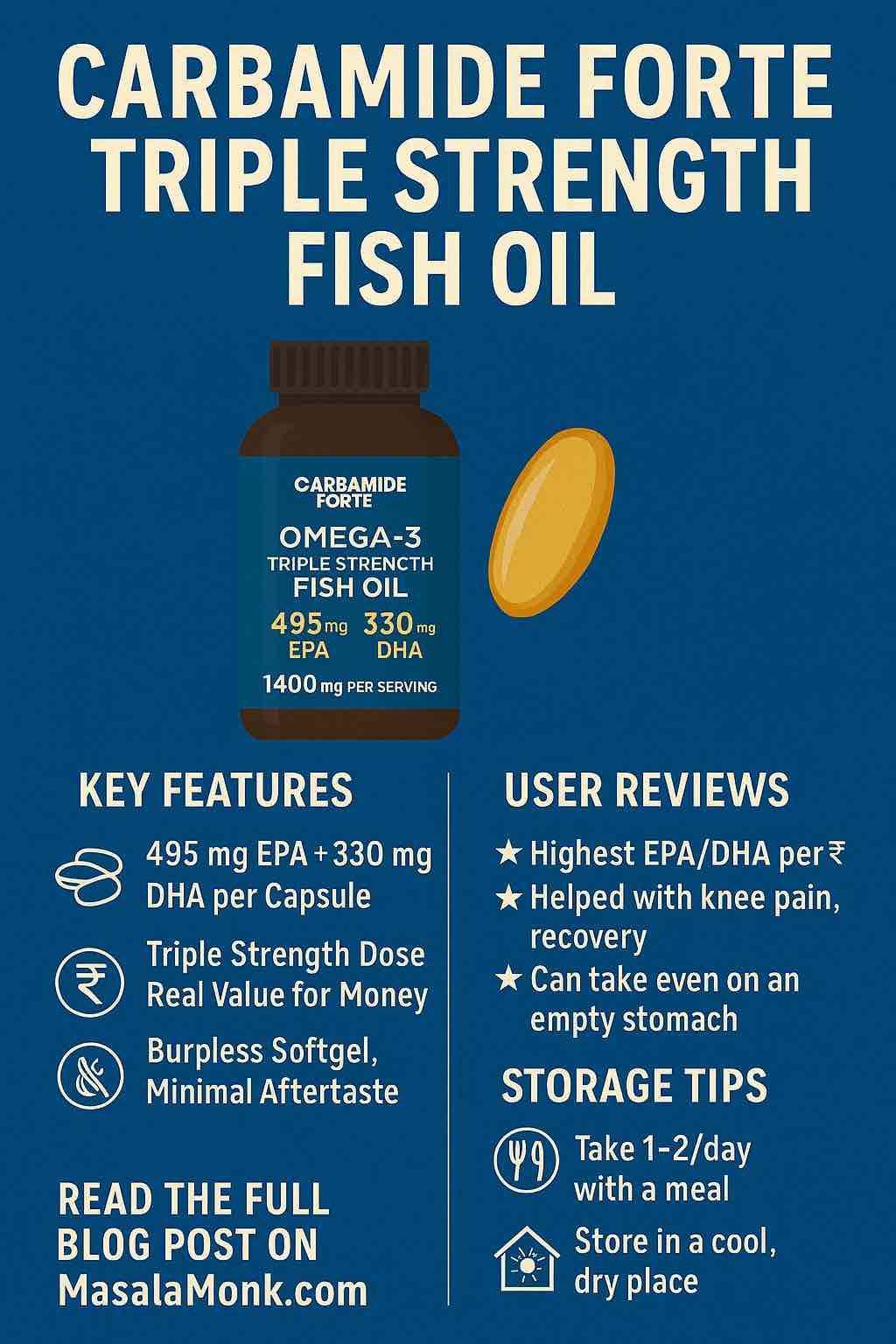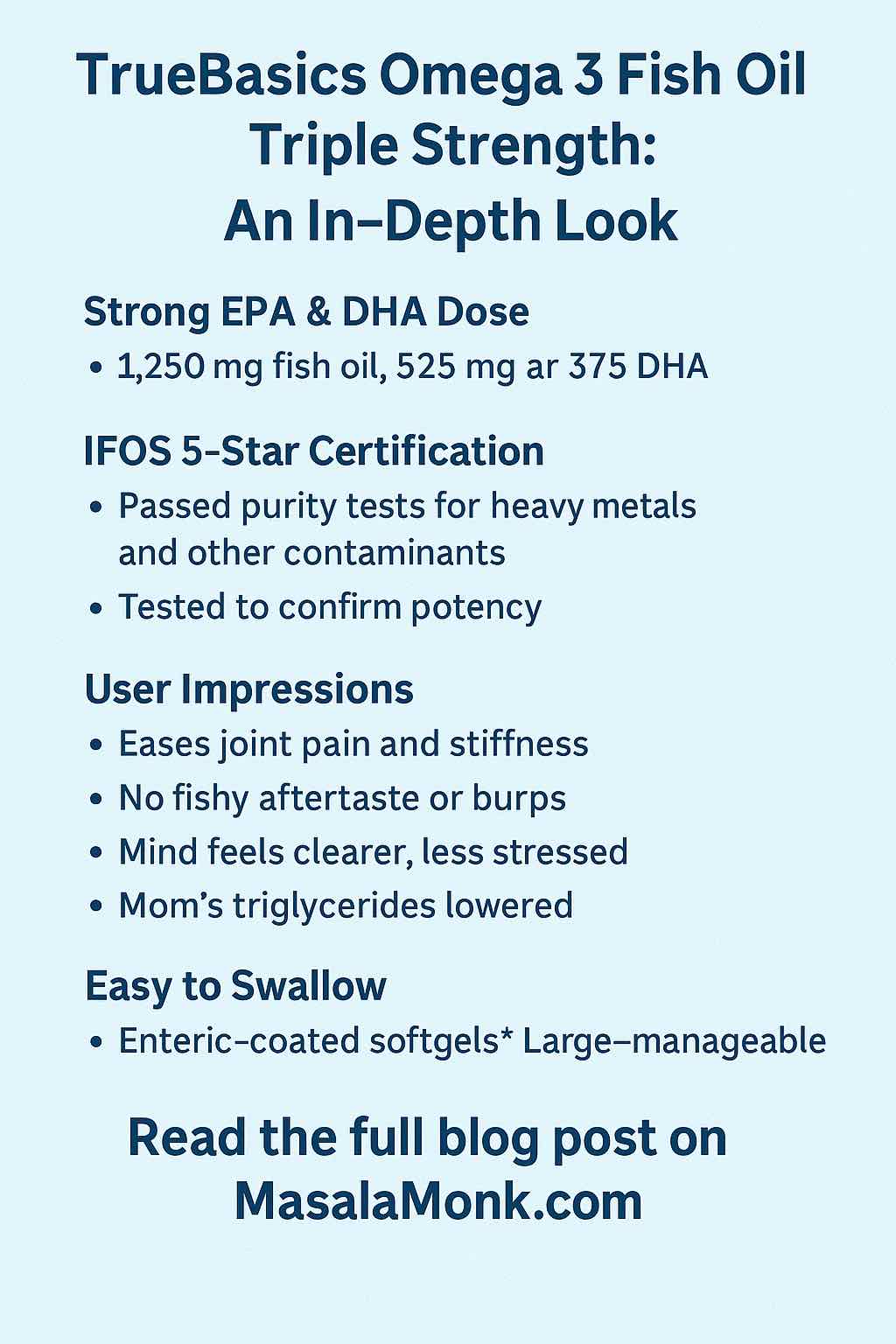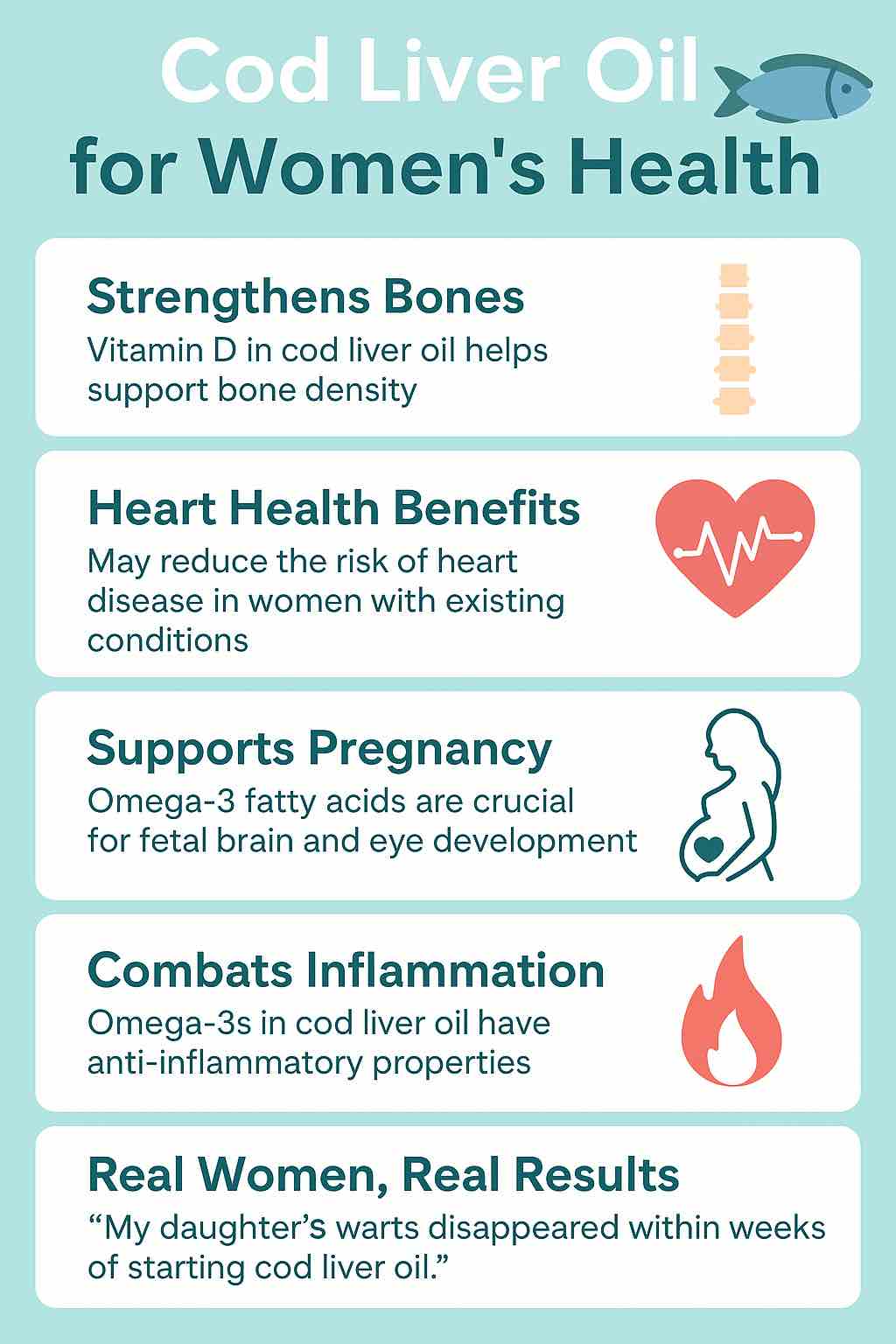
Why We’re Talking About This
Picture this:
It’s early morning, your tea is still steaming, and you scroll through your wellness feed. You see yet another mention of cod liver oil — that old-school supplement your grandmother swore by. She probably called it “nature’s tonic” and gave you a spoonful before school, nose pinched, bracing for the fishy taste.
Fast forward to today — science is catching up to what traditional wisdom always hinted at. But here’s the twist: new research shows cod liver oil’s benefits are very real for many women… yet it’s not a universal hero.
So, let’s unpack the hype, the hard facts, and some heartfelt stories from women who’ve tried it.
What Exactly Is Cod Liver Oil?
Cod liver oil isn’t just “fish oil.” While both come from fish, the difference is in the source:
- Fish oil is pressed from the flesh of oily fish (like salmon or mackerel).
- Cod liver oil comes from — you guessed it — the liver of the cod fish.
This makes it nutrient-dense in a unique way:
- Omega-3 fatty acids (EPA & DHA) → inflammation fighters, brain boosters
- Vitamin A → eye health, skin repair, immune support
- Vitamin D → bone strength, mood regulation, calcium absorption
That’s why cod liver oil feels a bit like a natural multivitamin in oil form.
1. Turning Back the Clock — Literally
One of the freshest findings of 2025 is about aging at the cellular level.
A long-term study followed people for 3 years and found that omega-3 supplementation — including cod liver oil — slowed biological aging by about 3–4 months. It’s like gently pressing the brakes on your body’s internal clock.
Why it matters for women:
- Aging isn’t just about wrinkles — it’s about bone density, hormonal balance, and heart health.
- Pairing omega-3 with vitamin D and exercise gave the strongest results.
💬 Imagine telling your future self: “Don’t worry, I bought us a few extra months of youth.”
2. The Heart: A Story of Two Women
Here’s where it gets interesting — and a little complicated.
If you have existing heart issues:
Research shows cod liver oil may reduce your risk of heart attack and even lower certain inflammatory markers tied to heart disease.
If you’re healthy:
A massive study of 416,000 UK adults showed slightly higher risks of stroke (+5%) and irregular heartbeat (+14%) in regular users.
This doesn’t mean cod liver oil is “bad” — but it does mean context matters.
A new 2025 twist:
High-EPA fish oil supplements (similar to cod liver oil) reduced harmful “extracellular vesicles” linked to heart risk — and did it better than eating oily fish. But dosage, purity, and individual health status are key.
💡 Pro tip: Always check with your cardiologist before starting if you have a personal or family heart history.
3. Inflammation: From Cramps to Arthritis
Inflammation is the silent villain behind so many women’s complaints — joint pain, skin flare-ups, even hormonal swings.
- For periods: Omega-3s help regulate prostaglandins — the compounds that trigger menstrual cramps.
- For menopause: Anti-inflammatory support can mean less stiffness and better mobility.
- For autoimmune issues: Early research shows omega-3s can calm flare-ups.
If menstrual comfort is your goal, you might also love our post on Cloves for Menstrual Pain Relief — another natural anti-inflammatory hero.
4. Pregnancy, Breastfeeding & Baby’s Brain
This is one area where cod liver oil’s benefits feel almost magical — but you need to tread carefully.
The good:
- Boosts DHA & EPA in breast milk — essential for your baby’s brain and eye development
- Linked to higher IQ scores in children at age 4
- May lower childhood risk of asthma and multiple sclerosis
The caution:
- Cod liver oil is high in vitamin A, and too much can be dangerous during pregnancy.
- Safer to opt for low-vitamin A fish oil in some cases.
More details in our guide: Cod and Pregnancy.
5. Bones, Eyes & That Glow
Women are more prone to osteoporosis after menopause. Here’s where cod liver oil works triple time:
- Vitamin D → helps absorb calcium, strengthening bones
- Vitamin A → supports eye health, potentially reducing AMD risk
- Omega-3s → keep skin plump and hydrated
💬 User voice: “After 3 months, my 51-year-old skin is dewy again. Even my friends noticed.”
Also Read: How Omega-3 Fatty Acids Help Fight Chronic Inflammation?
6. The Real-Life Stories That Stuck With Me
From WebMD and forums:
- “Lowered my blood pressure dramatically within days.”
- “I was in constant joint pain — now I don’t even take my prescription meds.”
- “My daughter’s 20+ warts disappeared in a month of daily CLO.”
- “Haven’t caught a cold in 4 years since I started.”
These are real people, not lab results. They remind us: supplements aren’t just about numbers — they’re about quality of life.
7. How to Take It Without Regret
- Dose: Usually 1–2 tsp (5–10 mL) a day
- Form: Liquid, capsules, or flavored oils (lemon, mint)
- With food: Improves absorption and reduces fishy burps
- Check purity: Look for IFOS, USP, or NSF certification
- Rotate or pause: To avoid vitamin A build-up
💡 Alternative picks for the Indian market:
- Best Fish Oil Supplements on Amazon India
- TrueBasics Omega 3 Fish Oil Triple Strength
- Wellbeing Nutrition Slow-Release Omega 3 with Curcumin
8. Who Should Skip It (or Talk to a Doctor First)
- Pregnant women without medical approval
- Anyone with high vitamin A levels in blood
- Those on blood thinners or with bleeding disorders
For some alternative foods: 5 Omega-3 Rich Vegan Snack Ideas for Pregnant Women: Chia and Flaxseed Mixes
The Bottom Line
Cod liver oil is not a miracle potion, but for many women, it can be a deeply supportive ally — from slowing aging to nourishing bones, skin, and brain health. The secret lies in personalization: knowing your health needs, picking a clean product, and dosing smartly.
So maybe grandma was onto something after all… but in 2025, we have the science to back her up.
More to Explore
- Cod and Pregnancy
- Best Fish Oil Supplements on Amazon India
- TrueBasics Omega 3 Fish Oil Review
- Cloves for Menstrual Pain Relief
- Unpacking the Health Benefits of Oily Fish
FAQs on Cod Liver Oil for Women’s Health
1. What’s the difference between cod liver oil and regular fish oil?
Cod liver oil comes from the liver of cod fish and contains omega-3s plus vitamins A and D. Regular fish oil is made from the flesh of oily fish and usually has little to no vitamins A and D.
2. Is cod liver oil safe for pregnant women?
It can be, but only under medical supervision. The high vitamin A content may be harmful in excess, especially during pregnancy. Safer alternatives include low-vitamin A fish oils.
3. How much cod liver oil should I take daily?
Typical dosage is 1–2 teaspoons (5–10 mL) per day, or as directed by a healthcare professional. Always check the label for EPA, DHA, and vitamin A content.
4. What are the main benefits of cod liver oil for women?
Potential benefits include reduced inflammation, improved bone density, support for pregnancy and breastfeeding, eye health, better skin hydration, and possibly slower biological aging.
5. Can cod liver oil help with menstrual cramps?
Yes, omega-3 fatty acids in cod liver oil may reduce prostaglandin levels, which can lower menstrual pain and inflammation.
6. Are there risks of taking too much cod liver oil?
Yes. Overconsumption can cause vitamin A or D toxicity, leading to headaches, nausea, liver damage, or bone problems. Stick to recommended doses.
7. How long does it take to notice results?
Some women notice improvements in joint comfort or skin health within weeks, while others may need several months for benefits like bone density or immune support.
8. Can cod liver oil help with skin issues like acne or eczema?
Yes, due to its anti-inflammatory omega-3s and vitamin A content. However, results vary, and it should be part of a broader skincare and nutrition approach.
9. Does cod liver oil interact with medications?
It can interact with blood thinners, certain blood pressure medications, and supplements high in vitamin A or D. Consult your doctor before combining.
10. How do I choose a good quality cod liver oil?
Look for third-party tested products with certifications like IFOS, USP, or NSF. Check for low oxidation values and ensure it’s free from heavy metals and contaminants.

